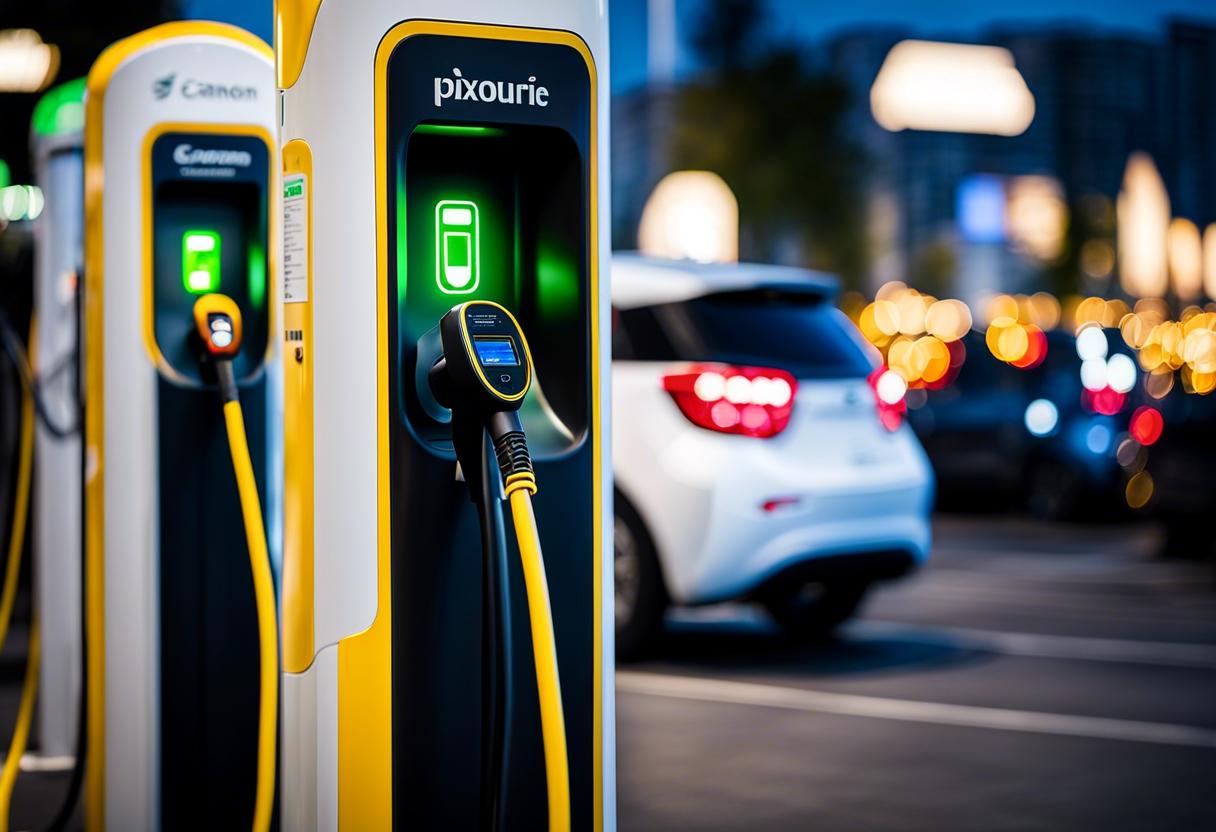Should you be worried about the lifespan of your electric vehicle (EV) battery? Judging by the research conducted by Geotab, a telematic firm, most EV batteries have demonstrated “robust and prolonged battery health” in their archive of electric models. While there will inevitably be exceptions—say, EVs with mileage in the hundreds of thousands compared to those that struggle to reach the 100,000 km mark—battery longevity seems to surpass expectations for a lot of us, especially with proper care.
Can this be seen as positive news?
Indeed it can, given the high expense of battery replacements. The true manufacturing costs of batteries have plummeted considerably in the last couple of years, a trend anticipated to persist into this year. What’s critical to bear in mind is that replacing batteries is rarely necessary. When it does become essential, the expenditure is unlikely to reach the sky-high five-figure amounts occasionally reported by the media or shared on social networks.
You may have heard the horror stories like “I purchased a used EV and now it requires new batteries worth €20,000.” Such incidents do occur, but they’re not the usual scenario. In fact, as of March 2023, the American EV specialist site Recurrent conducted a study of 15,000 EVs, discovering that just 1.5% required a full battery replacement.
What’s the official word from auto manufacturers?
The real issue is the tendency of car manufacturers to dodge questions on the contentious topic of battery replacements. When we contacted a top Irish EV brand on the matter, they informally responded, “I can’t foresee the prospective costs of battery replacements.” Fair enough – almost every new EV is sold with a battery warranty of eight yrs or 160,000km. Thus, for the initial owner or two, battery replacement is more of a warranty concern than a financial one.
But what about aging EVs?
The initial versions of electric vehicles, like the primary Nissan Leaf, have long since surpassed their warranty periods. However, these types of cars often possess simpler, smaller batteries which are more cost-effective and straightforward to swap out. In the United Kingdom, Nissan provides a battery replacement deal costing £5,000 for older Leaf models. It includes £1,000 cash back, essentially equivalent to the salvage value of the components and metals in the used battery. While the package is not inexpensive, it aligns with the cost of repairs for conventional petrol or diesel vehicles. Instances of battery troubles often make the news, yet there are numerous cases of completely functional cars being disposed of due to the four-figure expense of replacing something such as an Electronic Control Unit (ECU).
What other relevant details are there?
In the near term, the element that will keep battery servicing and replacement costs high is actually the workforce. Presently, specialised training and facilities are required for battery upkeep, as mishandling an electric car battery outside the vehicle can result in fatal electric shocks. The battery insulations and emergency disconnects make the battery safe when it’s still in the car. At the moment, only large dealers and dealer chains possess the funds necessary to cover specialised training costs involved with battery removal and replacement. However, as time progresses, the skills required will gradually become commonplace in affordable garages and independent specialists.

